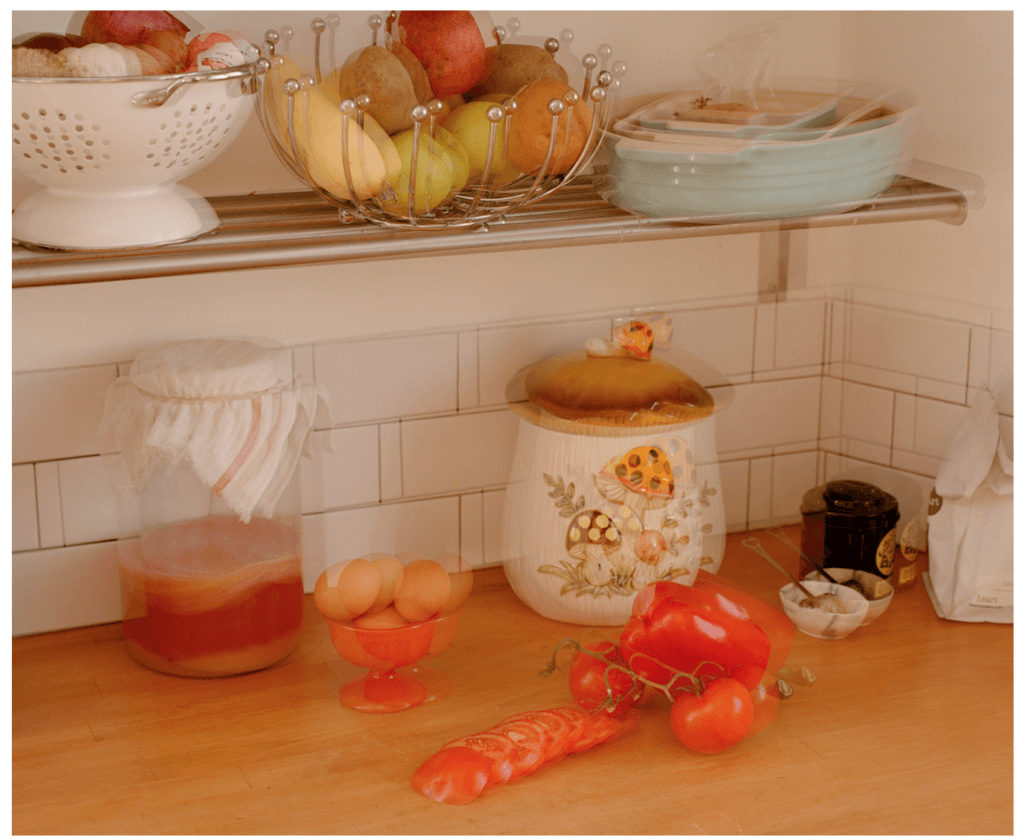Quarantine hair going quarantine gray. The quarantine 15, brought to you by quarantine baking, quarantine nesting, and quaratinis. Quaranteams: workplace near-togetherness, a longing for what we used to dread. Quarandreams: consciousness rejecting confinement, panoramas of restless rest. Quarantine was a vocabulary. It was the language we conjured to bear the unbearable, to speak the present without the future.
But that’s just me. For others, quarantine was a sale. A great time to go to Orlando or Vegas, a sweet deal on gasoline or jeans. Quarantine was a day off from school, an extended spring break, a much-needed vacay. That knock on the door of a pop-up speakeasy? That notification disclosing the secret location of an underground party? That was quarantine. Quarantine was what other people in other states and countries did, when fake news and weak leaders and aging and general whatever made them fear freedom and each other. Quarantine was malaise. Quarantine was the problem, not the solution.
It is a privilege to say that quarantine changed everything
And then there are those for whom quarantine never began — lying in hospital beds, stricken too early, gone too soon. Those who tend to hospital beds, who tend to our needs without knowing who will care for theirs. Quarantine never showed up in the grocery store or on the bus route. It never reached the garbage dump or the meat processing plant. It is a privilege to say that quarantine changed everything. In the prison and the sanctuary church, on the street corners where people beg or score, quarantine was the same tune in a different, flatter key. Quarantine deepened the wound and underscored the neglect.
Quarantine did not suspend the normal so much as expose it as both fierce and vulnerable, all sharp teeth and soft underbelly. These months have been beautiful, with their hand-sewn masks and rainbow drawings and the indefatigable yearn for companionship, community, and change. These months have been horrifying, with their needless death and unending loss and the ignorant selfishness that masquerades as liberty, or individualism, or courage. Quarantine taught us that it is never one or the other but always both. Quarantine reminded us that as much as we might care to, we cannot get along without each other. Everyone is connected. It took the solitude of quarantine to remember that we are the connection, we are the guts of the network, who will live and die as one.
Quarantine comes from quarantena, the 40-day waiting period during which 15th-century Venetians did not allow ships from elsewhere to dock. In Pale Rider, her 2017 book on the 1918 influenza epidemic, journalist Laura Spinney explains that the aim of quarantine was to keep the sick away from the well, ensuring that any infection had ample time to run its course. All ships were viewed as strangers, all friends potential foes. The practice of quarantine dates back further than the Venetians, though, and is elemental to what it means to be human. In a way, quarantine marks the triumph of humanity above a human — that survival of the former might mean inconvenience, suffering, or even demise of the latter.
To believe in quarantine meant to have faith in afterward
Over the past few months, the dialectic of quarantine has sometimes been turned on its head. Quarantine meant sacrifice, but of what, for whom, and to what end? The most basic answer is that we sacrifice life to prolong life, but in a world where lives are lived diversely and unequally, there is no consensus about which aspects of life are absolute and indispensable. My life, to you, might be a meaningless existence. Your life, to me, might be full of elite luxuries or petty dangers. The irony is that even people who disagree vehemently about quarantine are very likely to agree that a life without dignity, freedom, and equality is not worth living. The painful antagonisms come when trying to define what dignity, freedom, and equality are.
The give and take of quarantine also may be considered in terms of time. We sacrifice today for tomorrow and tomorrow’s joy. Quarantine, as sorrowful as it is, was optimism. To believe in quarantine meant to have faith in afterward, whether in 40 or 400 days. Yet the price of this hope was a panicked, suspended animation. The price was “this moment,” an overzealous now going nowhere. By warping the present, quarantine was limbo between the past and the future, where time stagnates even as it moves in all directions at once.
To quarantine was to survive, but with an asterisk. It was not just to make it through but to imagine how to overcome. The most radical gesture, then, may not be to emerge from quarantine but to figure out how to persist within it, always. To appreciate complexity, to acknowledge hardship, to wonder why things are what they are and whether they must always be so. (They mustn’t.) To wake and sleep, gain and lose weight, grow gray and cover it up, bake bread this week and buy it the next. To be inside/outside, here/there, past/future: that was the lesson of quarantine and will be its memory. Life is just like that, the shifting and the growing, the imagining and the dreading, the promise of tomorrow that one day, someday, won’t arrive.
Quarantine wasn’t, and isn’t, over.
